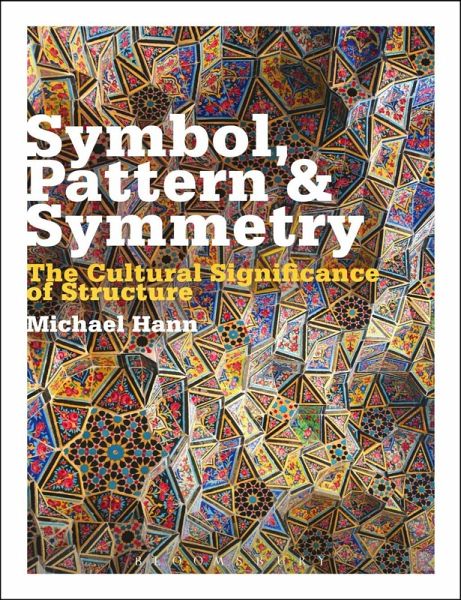
Symbol, Pattern and Symmetry (eBook, PDF)
The Cultural Significance of Structure

PAYBACK Punkte
17 °P sammeln!
Symbol, Pattern and Symmetry: The Cultural Significance of Structure investigates how pattern and symbol has functioned in visual arts, exploring how connections and comparisons in geometrical pattern can be made across different cultures and how the significance of these designs has influenced craft throughout history. The book features illustrative examples of symbol and pattern from a wide range of historical and cultural contexts, from Byzantine, Persian and Assyrian design, to case studies of Japanese and Chinese patterns. Looking at each culture's specific craft style, Hann shows how the...
Symbol, Pattern and Symmetry: The Cultural Significance of Structure investigates how pattern and symbol has functioned in visual arts, exploring how connections and comparisons in geometrical pattern can be made across different cultures and how the significance of these designs has influenced craft throughout history. The book features illustrative examples of symbol and pattern from a wide range of historical and cultural contexts, from Byzantine, Persian and Assyrian design, to case studies of Japanese and Chinese patterns. Looking at each culture's specific craft style, Hann shows how the visual arts are underpinned with a strict geometric structure, and argues that understanding these underlying structures enables us to classify and compare data from across cultures and historical periods. Richly illustrated with both colour and black and white images, and with clear, original commentary, the book enables students, practitioners, teachers and researchers to explore the historical and cultural significance of symbol and pattern in craft and design, ultimately displaying how a geometrical dialogue in design can be established through history and culture.













